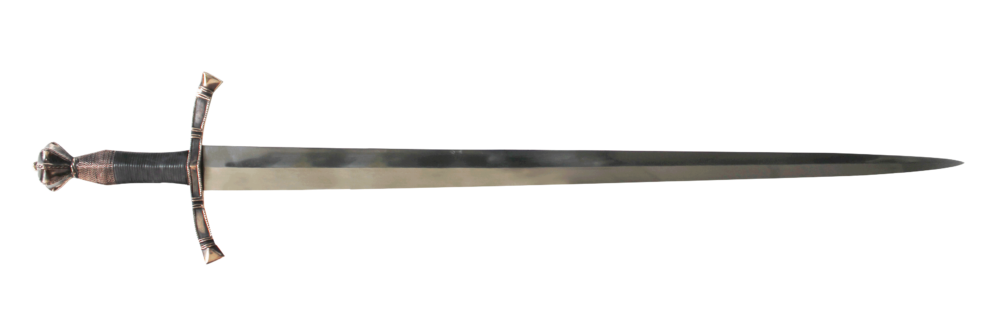
- The Wuhan Institute of Virology (WIV) is authorized to receive taxpayer funding for animal research through January 2024, according to the National Institute of Health.
- The WIV received $600,000 in taxpayer funds between 2014 and 2019 through the nonprofit group EcoHealth Alliance to study bat-based coronaviruses.
- The president of EcoHealth Alliance, Peter Daszak, was the sole U.S. member in the World Health Organization delegation that investigated the origins of COVID-19 in China.
- Daszak said the White House should blindly accept the WHO’s determination that it’s highly unlikely that COVID-19 could have unintentionally leaked from the WIV.
The Wuhan Institute of Virology is authorized to receive taxpayer funding for animal research until January 2024, the National Institute of Health told the Daily Caller News Foundation. The WIV is at the center of widespread speculation that COVID-19 could have entered the human population in China due to an accidental lab leak. Researchers at the lab were studying bat-based coronaviruses prior to the outbreak, a project partially backed by $600,000 in U.S. taxpayer funds routed to the lab through the nonprofit group EcoHealth Alliance.
The president of EcoHealth Alliance, Peter Daszak, was the sole U.S. member of the World Health Organization delegation that investigated the origins of the pandemic on the ground in China in January and February. While the WHO delegation has yet to release a report on their findings, Daszak said the White House should blindly accept their conclusion that it’s highly unlikely the virus could have leaked from the WIV. Daszak also said American intelligence, which indicates researchers at the WIV became infected with COVID-like symptoms before the first known cases in December 2019, shouldn’t be trusted.
EcoHealth Alliance’s work researching bat-based coronaviruses in China was funded by a $3.7 million grant from the National Institute of Allergy and Infectious Diseases in 2014, according to The Wall Street Journal. The grant was terminated by the National Institutes of Health in April amid criticism over EcoHealth Alliance’s relationship with the WIV. The NIH said in a letter the nonprofit’s work in China did not align with “program goals and agency priorities.”
The NIH told EcoHealth Alliance in July it would restore the grant if it met certain conditions, one of which was to arrange for an independent team to investigate the WIV to determine if it had possession of the SARS-COV-2 virus prior to the first known cases in December 2019. Daszak told NPR that the NIH’s conditions were “preposterous.”
“I’m not trained as a private detective,” Daszak said. “It’s not really my job to do that.” (RELATED: US Scientist With Close Ties To Wuhan Lab Discussed Manipulating Bat-Based Coronaviruses Just Weeks Before Outbreak) However, the WIV still has an active Foreign Assurance on file with the NIH Office of Laboratory Animal Welfare, which enables it to continue receiving taxpayer funds to engage in animal research, according to the NIH Office of Laboratory Animal Welfare.
A NIH spokeswoman told the Daily Caller News Foundation that the WIV’s Foreign Assurance was approved on Jan. 9, 2019, and is currently set to expire on Jan. 31, 2024. The spokeswoman did not confirm whether the WIV is currently receiving direct or indirect taxpayer funding for research activities involving animals. EcoHealth Alliance’s last known subgrant to the WIV was in May 2019, according to USASpending.Gov.
